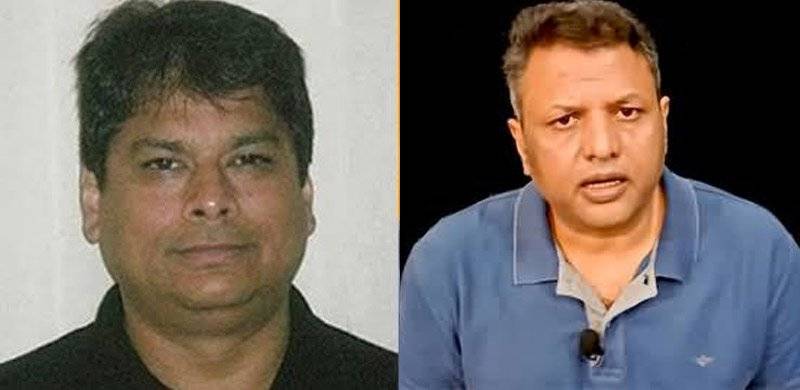
The treatment meted out this past week to journalists Amir Mir and Imran Shafqat has drawn condemnation from voices in the media and rights communities. But for the most part, the ordeal of the two journalists has been treated with gloomy acceptance. A media space which was vibrant and abuzz with debate just five years ago, is today resigned to its fate under the hybrid regime.
From looking at the manner in which the Federal Investigation Agency (FIA) casually picked up and then released these journalists suggests that a terrifying process begun in Naya Pakistan is now in advanced stages of completion. The law enforcement and administrative apparatus of the state have been largely politicized and weaponized to serve the interests of the current ruling party and unelected quarters. And this is now everyday, institutional policy.
It is pertinent to note that the two journalists were already operating within Youtube and the online sphere. This is the limited space to which almost all critical voices in media have been relegated, under the barrage of constant pressure and intimidation brought to bear against the electronic media, particularly TV channels. From a censorship perspective, the only remaining challenge for the hybrid government is to coerce the online sphere into acquiescence, so that it cannot provide any refuge – however limited – to journalists fleeing persecution in other spaces.
Now the FIA has released these journalists after charging them under various provisions from both the Prevention of Electronic Crimes Act (PECA) 2016 and the Pakistan Penal Code. Official quarters want us to believe that these journalists were “weakening national security institutions and the judiciary” and that their work was eroding public trust in the said institutions. One wonders if the government stopped to wonder for even a moment as to how its own repressive actions erode public trust in law enforcement institutions - especially those as vital as the FIA.
From looking at the manner in which the Federal Investigation Agency (FIA) casually picked up and then released these journalists suggests that a terrifying process begun in Naya Pakistan is now in advanced stages of completion. The law enforcement and administrative apparatus of the state have been largely politicized and weaponized to serve the interests of the current ruling party and unelected quarters. And this is now everyday, institutional policy.
It is pertinent to note that the two journalists were already operating within Youtube and the online sphere. This is the limited space to which almost all critical voices in media have been relegated, under the barrage of constant pressure and intimidation brought to bear against the electronic media, particularly TV channels. From a censorship perspective, the only remaining challenge for the hybrid government is to coerce the online sphere into acquiescence, so that it cannot provide any refuge – however limited – to journalists fleeing persecution in other spaces.
Now the FIA has released these journalists after charging them under various provisions from both the Prevention of Electronic Crimes Act (PECA) 2016 and the Pakistan Penal Code. Official quarters want us to believe that these journalists were “weakening national security institutions and the judiciary” and that their work was eroding public trust in the said institutions. One wonders if the government stopped to wonder for even a moment as to how its own repressive actions erode public trust in law enforcement institutions - especially those as vital as the FIA.
